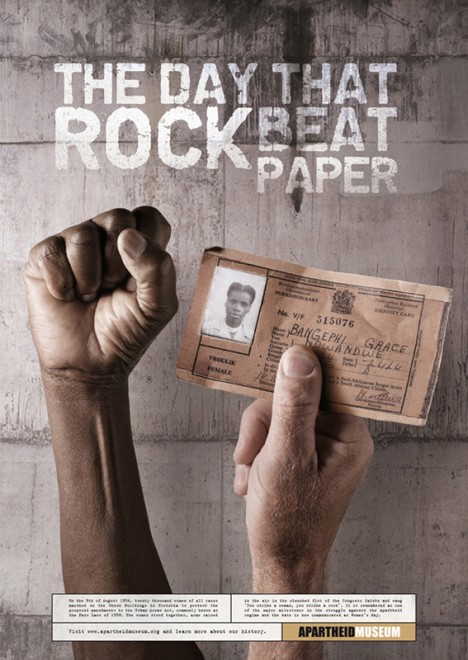How about we — as global gender justice advocates — subvert the idea that women are perpetual victims by covering our collective resistance? How about we cut back on the sensationalism — the shock tactics and controversy we once deployed to get mainstream media to pay attention to issues important…
Advocacy - African Feminism - Afrofeminism - Blog - Gender and LGBT Issues - International Development - LGBT Africa - Media - Non-Profits - Philanthropy
